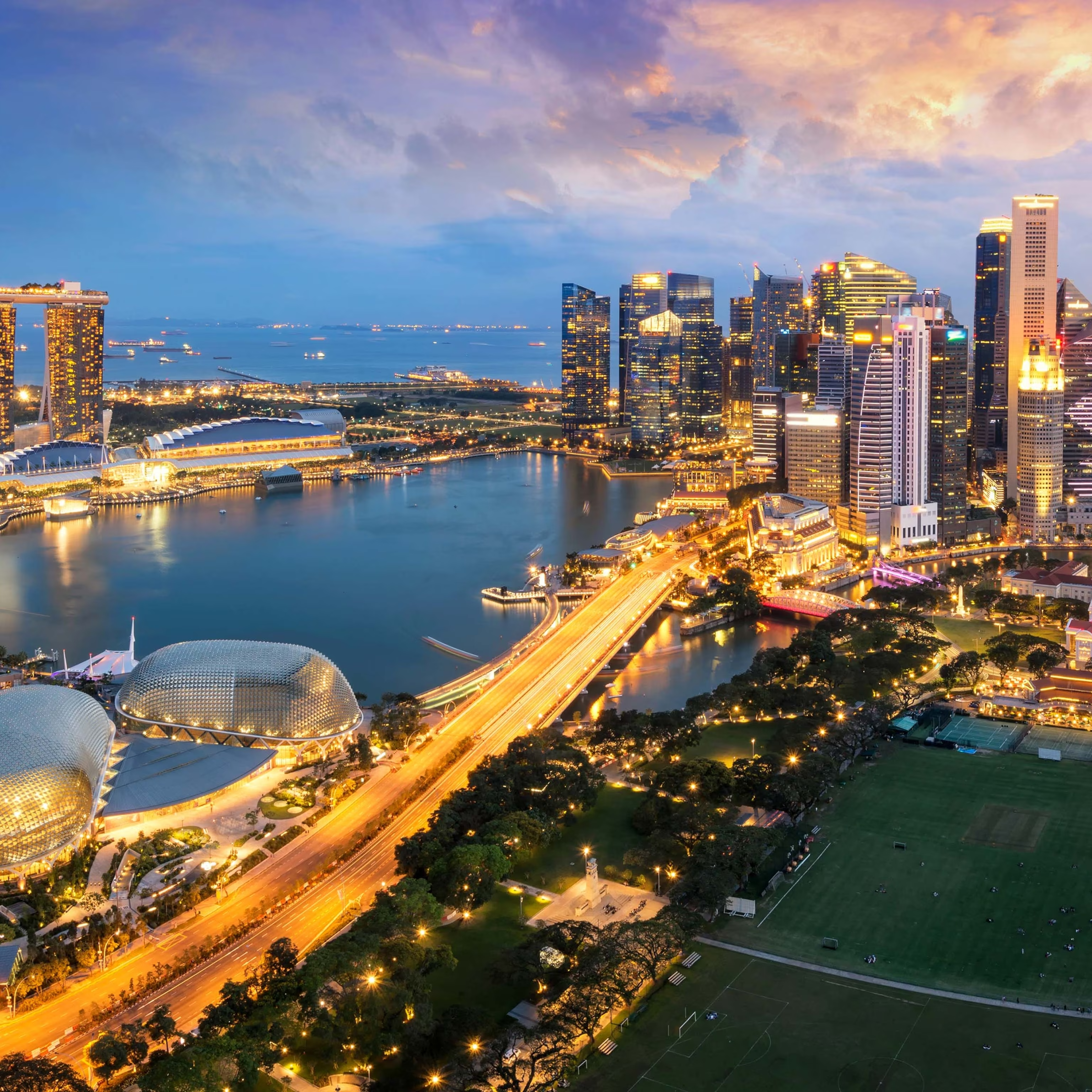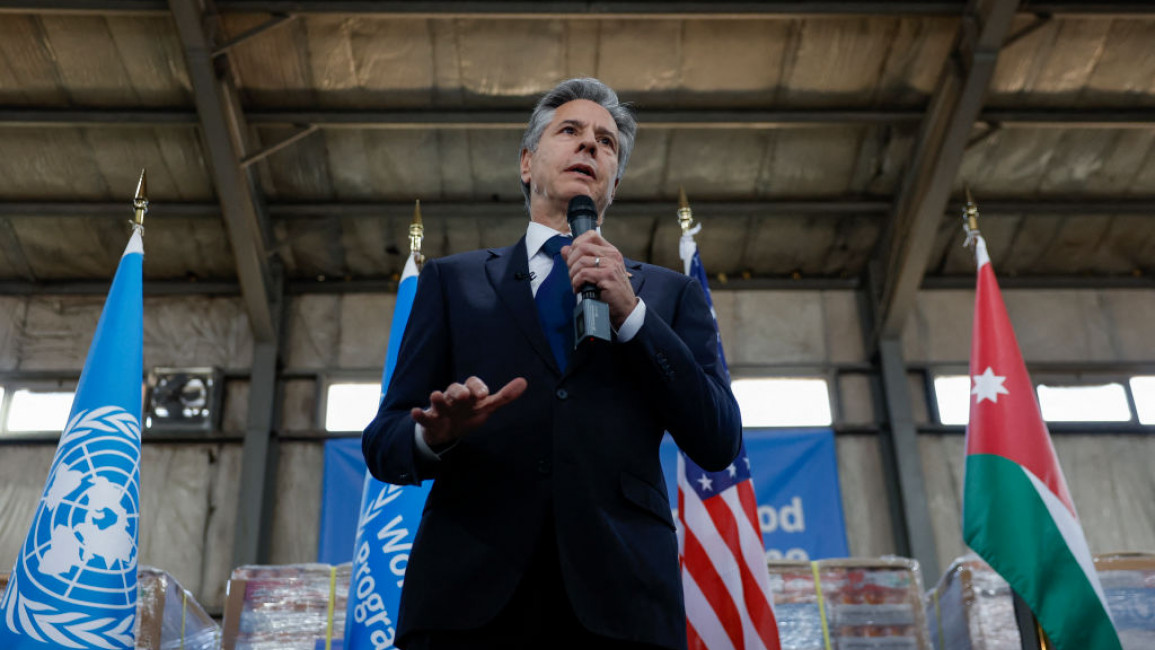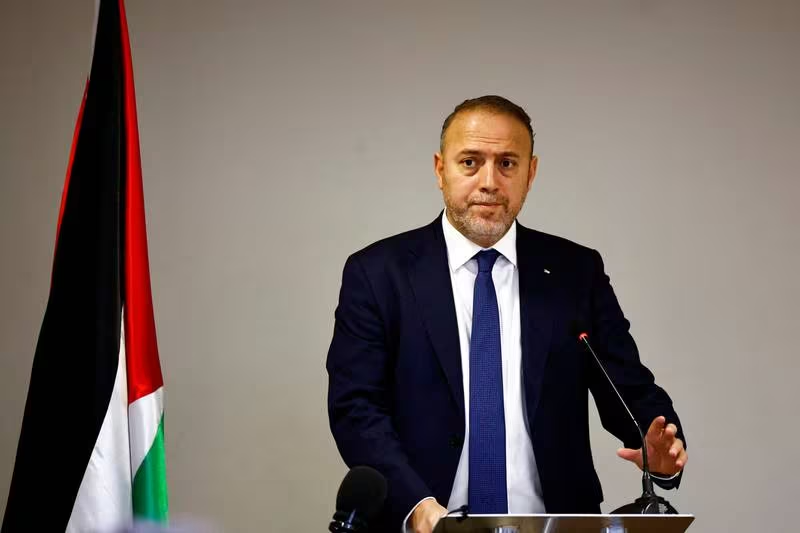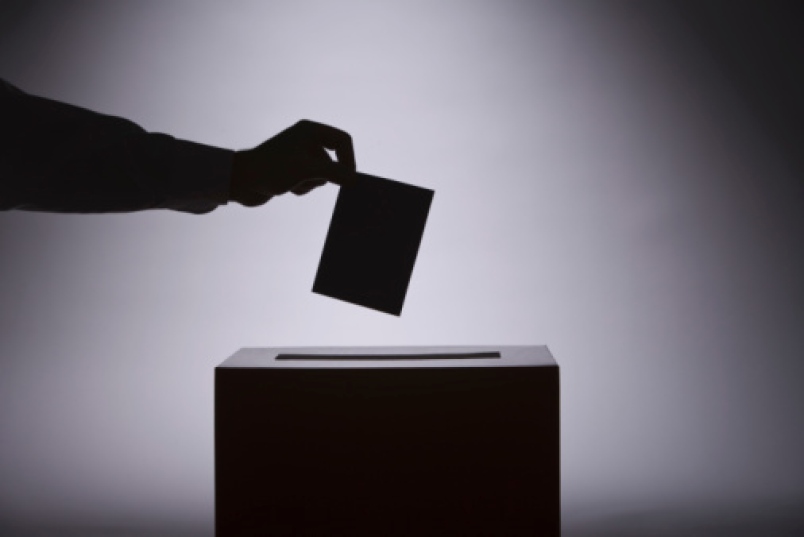Arsenal vs. Tottenham Hotspur at Emirates Stadium, Hamilton in the West End, and The Curious Incident of the Dog in the Night-Time.
While this may seem to be the plan for a leisurely weekend in London, they are actually involved in an unusual corruption case concerning a senior politician in Singapore.
It has emerged that former cabinet minister S Iswaran is alleged to have accepted gifts totalling over 380,000 Singapore dollars ($283,000) from Malaysian magnate Ong Beng Seng. The gifts included tickets to West End shows and football matches, some of which were given in exchange for assistance in advancing Ong’s business interests.
In 2008, Ong played a key role in the city-state securing the Singapore Grand Prix and currently holds the exclusive rights to the night race.
Iswaran’s Resignation Amidst Scandal
Grand Prix tickets were among the alleged gifts received by Iswaran, as detailed in the charge sheet.
After pleading not guilty to all 27 charges against him in court last month, Iswaran resigned from the government.
In a letter of resignation to Singapore’s Prime Minister Lee Hsien Loong, Iswaran stated he would “focus on clearing my name” and return all salaries and allowances he had received since July, when the investigation into his alleged corruption began.
Despite Lee’s commitment to maintaining Singapore’s “reputation for integrity and fairness,” the case has caused considerable disquiet in the politically stable but small Southeast Asian nation.
As an election looms and a much-anticipated leadership transition is planned for November, the People’s Action Party (PAP), which has governed since the nation’s independence, is keen to reassure voters of its resilience.
“Undoubtedly, the government has suffered a blow. Its reputation has been tarnished, to put it mildly,” said Eugene Tan, an associate law professor at Singapore Management University.
“The full impact is yet to be determined,” Tan further noted.
Generous pay packages
Singapore’s political system has maintained a spotless reputation throughout the nearly 65-year rule of the PAP.
Just a week ago, the country was ranked the fifth-least corrupt in the world by the Transparency International Corruption Perceptions Index.
City-state ministers receive generous salaries, with a starting salary of just over 33,000 Singapore dollars ($45,000 USD) per month as of the latest adjustment in 2012.
The government argues that such high salaries, among the highest in the world, are crucial to deter corruption.
However, the nation needs to find new ways to address this issue, according to Singaporean political scientist Ian Chong.
“Singapore continues to take a punitive approach towards corruption, which can resemble a game of whack-a-mole given the significant sums of money currently in circulation.”
“Increasing public disclosure of assets and income by political appointees does not tackle the root problem,” Chong stated, adding that such disclosures are already mandatory to the state.
The case against Iswaran first came to public attention following his arrest in July last year. During the investigation by the Corrupt Practices Investigation Bureau, he was placed on leave of absence and subsequently had his monthly salary reduced to 8,500 Singapore dollars ($6,300).
It was one of several scandals to hit the PAP in a surprisingly tumultuous Singaporean political year.
Scandals Shake Singapore’s PAP
In July, the resignation of two legislators over an affair became necessary. At the time, one of them, Tan Chuan-Jin, was the speaker of parliament. The relationship was deemed “inappropriate” by Lee.
This saga occurred just months after the rental of colonial-era state-owned residences by two senior government ministers came under public scrutiny.
Although no wrongdoing was proven during the investigation, it did raise questions about the ministers’ eligibility to lease the properties given the tender process used to award contracts.
“It’s creating a perception that greater transparency and restraint are needed in the exercise of power, especially by those in positions of political authority,” Chong said.
The scandals starkly contrast with the image the PAP has sought to project during its years in power, portraying itself as a party known for its reliable and steady leadership.
“I think the PAP is becoming a normal political party,” said Bilveer Singh, deputy director of political science at the National University of Singapore.
“Under [former prime minister] Lee Kuan Yew’s administration, despite instances of corruption and controversies, the PAP continued to command immense respect from the population. I believe the party’s decline has been accelerating over time.
“This is evidenced by the emergence of scandals of this nature and integrity issues,” Singh stated.
Despite the apparent swiftness and determination with which Lee and incoming Prime Minister Lawrence Wong have responded to the Iswaran scandal, the tumultuous events of the past year will undoubtedly cast an unwelcome shadow over a significant new era in Singaporean politics.
Lee announced late last year that he would hand over the reins to Wong by November, marking the 70th anniversary of the PAP. But only if “all goes well.”
An impending election
This marks only the second time in history that Singapore’s top job has been passed to someone other than a member of the Lee family, and the transition will be closely watched.
“The public is somewhat apprehensive about the next generation of leaders. While they look impressive on paper, their actual nature and performance abilities remain untested,” Chong explained.
Given the domestic and international challenges facing Lee and Wong, some are even questioning whether Lee’s tenure could be extended.
“Indonesia is about to elect a new president, the US-China dispute is escalating, and there are ongoing wars in Ukraine and Gaza. Everything is so dire, and a recession is looming this year,” Singh said.
“Why, then, are we even talking about transition? Are we sure a transition will take place? Remember the prime minister’s caveat: ‘If all goes well.'”
“Hasn’t it been misunderstood? He goes on to say, ‘If all is in order.’ Not everything is right in my life,” Singh said.
Lee has stated his determination to complete the transition before the next general election in Singapore, scheduled for November 2025.
According to Tan, the election will be “Singapore’s most crucial since independence” due to the introduction of a new prime minister and public judgment on the PAP’s handling of significant political controversies.
Election Tests for Singapore’s PAP
In the last election in 2020, the Workers’ Party, an opposition party, made inroads into the PAP’s stronghold and increased its parliamentary representation from six to ten seats.
It also won a second Group Representation Constituency (GRC), a multi-member constituency designed to ensure ethnic minority representation in Parliament.
The government claims that the GRC system ensures representation for Singapore’s diverse ethnic population by requiring that at least one candidate in each GRC be of Malay, Indian, or another ethnic minority background.
Critics argue that the system gives the PAP an unfair advantage, as smaller opposition parties often struggle to field enough candidates to contest them.
“The general election will be an indicator of how much the ruling party has been damaged by the series of controversies over the past eight months. It will be politically penalized.
“However, the substantial legitimacy accrued over the previous six decades of stability, prosperity, and security will help to mitigate the impact,” Tan added.
Moreover, the election will reveal Singaporeans’ perceptions of Wong and his capability to lead a political party that has recently rebounded from a series of embarrassing setbacks.
“On paper, he seems to be a seasoned actor, and he has performed well [on Iswaran], but no one knows what he’s like under pressure,” Singh said.
“We have yet to see him in action.”





